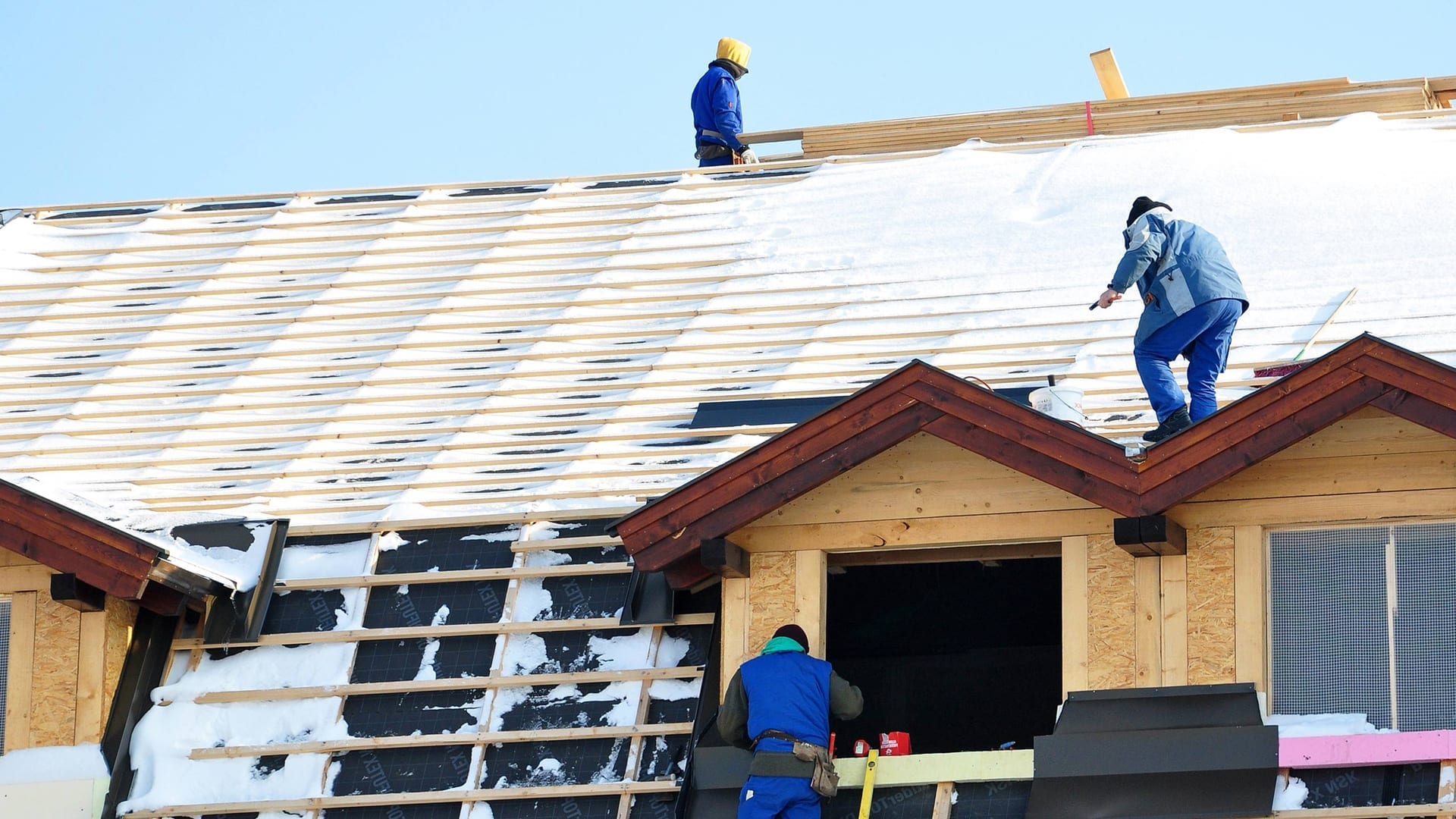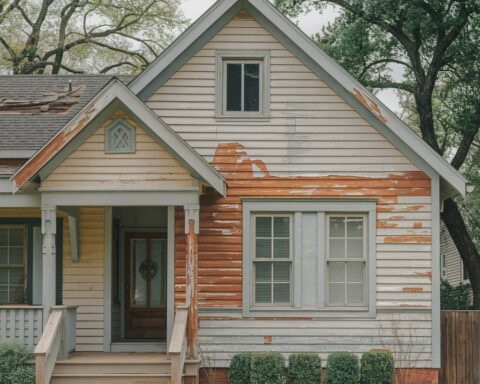Understand Your Budget
Before buying a home, it’s crucial to understand your budget. Start by analyzing your current expenses and income. This will give you a clearer picture of how much you can spend on a home without stretching your finances too thin. Use internet calculators or speak with a financial professional for a precise summary.
Consider creating a detailed spreadsheet to track all sources of income and monthly expenses. This will help you identify areas where you can cut back, allowing more flexibility in your budget. Doing this groundwork is essential before exploring Kirkland homes for sale or any other properties, ensuring you make an informed decision that fits your financial situation.
Check Your Credit Scores
Having a good credit score is essential to getting a mortgage. They determine whether you’ll be approved and the interest rates you’ll receive. It’s crucial to check your credit scores from all major bureaus well before your home search. This gives you time to dispute any errors or take steps to improve your score if necessary.
A score above 700 may qualify you for better mortgage terms. If your score is lower, consider paying off outstanding debts, reducing credit utilization, and ensuring all bills are paid on time. Making these adjustments can significantly improve your borrowing prospects.
Save for a Down Payment
One of the most significant financial preparations involves saving for a down payment. Depending on the type of mortgage, you will require anywhere from 3% to 20% of the buying price of the home. Historically, bigger down deposits have been obtained with better interest rates and lower monthly mortgage payments.
First, decide on a reasonable savings amount based on the kind of house you are looking for. To keep track of your progress and lessen the temptation to withdraw these funds for other costs, think about having a dedicated savings account. It’s also worth exploring programs and grants that assist first-time homebuyers in accumulating this crucial financial milestone.
Get Pre-Approved for a Mortgage
Getting pre-approved for a mortgage is wise before starting your home search. This process involves a lender reviewing your financial records to determine how much they will loan you. Having this pre-approval letter in hand clarifies your budget and also helps you to know that your position with sellers is very important.
To get pre-approved, you must provide documentation such as tax returns, pay stubs, and details of any long-term debts. This preparatory step adds credibility to your home-buying offer and can expedite the purchasing process once you find your ideal home.
Consider Additional Costs
Beyond the mortgage and down payment, it’s essential to account for additional home costs. These may include closing costs, home inspections, and potential repairs, which are not uncommon to add up to several thousand dollars.
Get quotes from experts to help you plan and research these costs. For example, a house inspection is essential in ensuring the property is in good shape. Ensure you account for these costs in your budget to avoid unwanted financial surprises.
Build an Emergency Fund
An emergency fund is a financial safety net during unexpected circumstances such as job loss or urgent repairs. Experts advise saving three to six months’ worth of living costs. This fund can be a lifesaver, providing peace of mind and financial stability as you transition into homeownership.
Start small and consistently contribute to your fund, treating it as a non-negotiable monthly expense. Building this reserve will safeguard your finances and help you weather unexpected challenges more comfortably.
Keep an eye for more latest news & updates on Essential Tribune!








